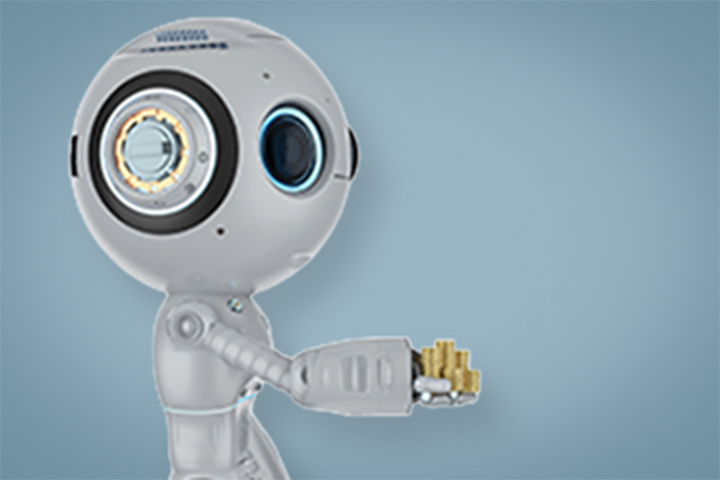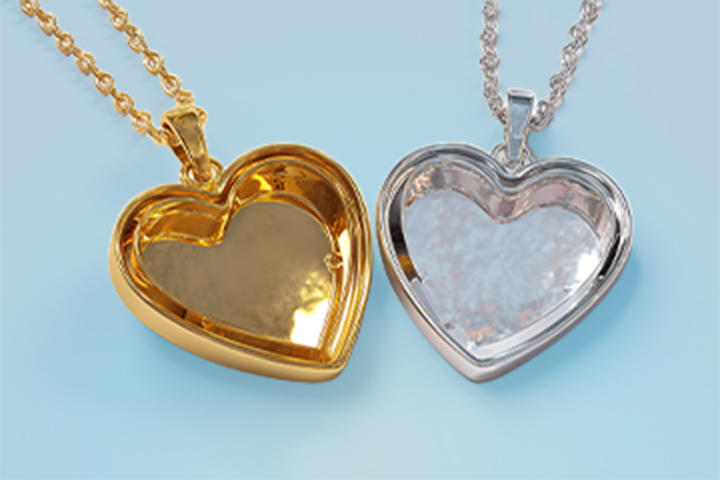Where there is money, there is leverage for change

Keytrade Bank
keytradebank.be
October 13, 2022
(updated October 18, 2022)
4 minutes to read
You can visit the Museum of Circular Economy at Huis Lumen on Huidevettersstraat in Antwerp from 1 to 30 October. Organiser Nina Maat (25) put each artist in touch with a company that is already contributing to the circular economy today. This resulted in about fifteen installations and works of art.
Artist Frederik Lizen – also known as En Plein Public – was matched with Keytrade Bank for this exhibition. Socially critical with a quip: that is how he describes his work. A theme such as responsible investment is therefore right up his street. You can discover the result in the Museum of Circular Economy. Before Frederik got started, he went and had a chat with Katrien Berghs (HR Manager at Keytrade Bank), Viktor Smits (member of the Keytrade Bank Corporate Social Responsibility Committee) and Jasper Vekeman (financial journalist and co-founder of the Sustainable Investment Academy).
"A bank does more than make a profit and keep its shareholders happy. It also has a social role to play," Katrien Berghs from Keytrade Bank says. "Firstly, by setting a good example itself. And secondly, by offering its clients the opportunity to make a difference with their money. Because where there is money, there is leverage for change."
"Setting a good example yourself doesn't just mean sorting your waste, switching off the lights in the room after a meeting and giving away old furniture to charity. That is important too – Keytrade Bank’s CO2 emissions per employee are 2.2 times lower than the average for Belgian banks by the way – but there is more to it than that," Katrien continues. "Happy and healthy employees are just as important."
“We work on that by facilitating sports activities, healthy eating and cooking sessions, massages and so on,” Viktor Smits from Keytrade Bank adds. "Our employees can now work remotely 50% of the time, and we want to go one step further to offer employees a better work-life balance. After all, our office here in Brussels isn't an isolated island. We collaborate with Molengeek, for instance, to offer career opportunities to young people with IT aspirations."
Companies and banks in particular can bring change, not just by getting their own act together, but also by giving their clients the opportunity to make conscious choices. About investing responsibly rather than “traditionally”. "Keytrade Bank allows clients to invest responsibly without pushing them in any one direction. Keytrade Bank is not a typical advisory bank. We operate online and do not have hundreds of branches and investment advisers. This also means that we do not recommend or discourage any specific investment products," Katrien explains. "Every client can invest responsibly, but it is still their choice."[RV3]
Arkéa – the group that includes Keytrade Bank – applies a strict investment policy itself. For example, the group does not invest in industries such as oil, tobacco and weapons. "However, removing these investments from the range would restrict our clients' freedom of choice.Censorship is not in our DNA and nor is it in the DNA of our clients," Viktor continues. “We can inform our clients, and maybe even give them a little nudge, but they still decide forthemselves.”
Katrien and Viktor recognise that they still have a long way to go in terms of providing the right information. Firstly, there are legal restrictions that prevent the bank from giving advice. And secondly, we are nowhere near a uniform standard in terms of what exactly sustainable or responsible investment is. “There are various strategies for responsible investment,” Jasper Vekeman from the Sustainable Investment Academy says. "For example, you can exclude companies from controversial industries or only invest in those companies with the best responsible performance in a certain industry. You can also focus on ESG investments, which take into account environmental, social and governance criteria. Another strategy is to invest in companies whose products and services are having a positive impact, etc."
The different definitions and strategies within responsible investment are not the only layer of abstraction. "On top of that, there are several ways to measure an investment's sustainability. We often see that the same company gets a sustainability rating of 6 out of 10 from one rating agency and a 9 out of 10 from another," Jasper continues. "As a DIY investor, you therefore need to choose your sustainability strategy and you need to set the yardstick you want to use as a benchmark. And that is far from an exact or objective science."
“It’s still a difficult exercise,” Keytrade's Katrien and Viktor agree. "But improvement and more transparency are on their way. There is a lot going on at a European level." For instance, from 2024, listed companies will have to report their non-financial figures, such as their CO2 emissions, in much more detail. The rule also applies to foreign listed companies with an annual EU turnover of at least 150 million euros and at least one department in the EU. This will make it far easier for clients to do their homework about how to invest responsibly. Definitely to be continued!
Also read:
- What is the circular economy? [link to article 1]
- 7 ways to square the circle at home and on the road [link to article 2]
- What is on display in the Museum of Circular Economy [link to article 2]
Next time
From mending clothes to a construction happening, the Museum of Circular Economy also organises various events.


